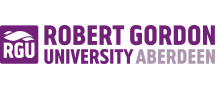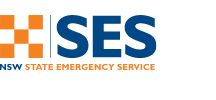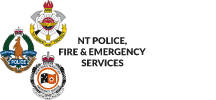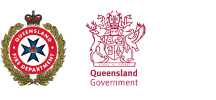
Effective decision making is a critical part of emergency management. However, the very nature of emergency management makes decision making difficult.
This project will enhance emergency management decision-making training in Australia by developing of a set of prototype training and learning products that support the needs of decision makers operating in a variety of decision making environments.
Decision making is a crucial skill for emergency managers across all levels. Emergency managers must make time-critical decisions in environments that are dynamic, uncertain, complex, and stressful with high stakes.
Research shows that critical decision making by emergency managers shares many similarities with that of other high-risk occupations such as police, military, and ambulance services. Decision making is one of seven key, interrelated non-technical skills identified as central for these higher-risk occupations. The other six are: situation awareness, communication, teamwork, leadership, managing stress and coping with fatigue. Each of these non-technical skills affects the quality of decision making in times of crisis.
A range of tools, techniques and supports are used to assist decision making, and emergency managers are trained in key decision-making strategies and skills. They include, for example, worst case scenarios and pre-mortems, metacognition, anticipatory thinking, risk management, dynamic risk assessment and the use of decision aids.
While much is known about decision making in the Australian and New Zealand emergency management sectors, there remains key areas where knowledge of key decision-making skills, and how to develop and apply them, needs to be updated and translated into training and learning products that meet the needs of today's decision makers, and decision-making environments.
The goal of this project is to develop new and/or enhanced training and learning products to further increase decision-making skills in the emergency management sector through three objectives:
- To develop a sound understanding of current practice and future needs of decision making based on literature reviews, surveys and interviews.
- To develop and evaluate a set of training and learning products that support the needs of decision makers operating in a variety of decision making environments.
- To develop a skills acquisition framework that can assist organisations, teams and individuals to better understand decision making and how it needs to be trained.
These products will be based on an analysis of the current practice and future requirements of decision making. The project will adopt a human-centred design approach to work closely with end users. This approach emphasises close collaboration with end users to design tools and identify challenges and opportunities. This enables the co-creation of knowledge and the co-development of usable tools. In this way, a range of options for emergency management organisations can be produced so that the practice and training of decision making can be enhanced and made more standardised across the industry.
This is being completed in four phases:
- Phase 1: Review of existing knowledge, tools, and training options
- Literature review
- Survey and interviews
- Phase 2: Identification and assessment of options
- Identification and assessment of intervention options
- Stakeholder workshops
- Phase 3: Development and evaluation of training and learning products
- Development of products that meet sector’s decision making need and are implementable
- Development of skills acquisition framework for enhanced decision making training and learning
- Stakeholder workshops
- Phase 4: Reporting
- Preparation of manuscripts for publication
- Preparation of final report
Key outcomes are:
- increased capacity for effective and appropriate crisis decision making in the Australian and New Zealand emergency management sectors
- decision-making capacity is supported by well designed and implemented training and learning products that build on existing programs and tools to meet the needs of today's decision makers, and decision-making environments
- deep, up-to-date, and evidence-based knowledge of key decision-making skills and how to develop and apply them.
| Year | Type | Citation |
|---|---|---|
| 10/2023 | Journal article | Facilitating teamwork in emergency management: The team process checklist |
| Date | Type | Title |
|---|---|---|
| 2 May 2023 | Presentation | Chris Bearman - 2023 Natural Hazards Research Forum presentation |
| 3 May 2023 | Workshop material | 2023 Natural Hazards Research Forum workshop slides: Stream 2, Workshop 1 |















